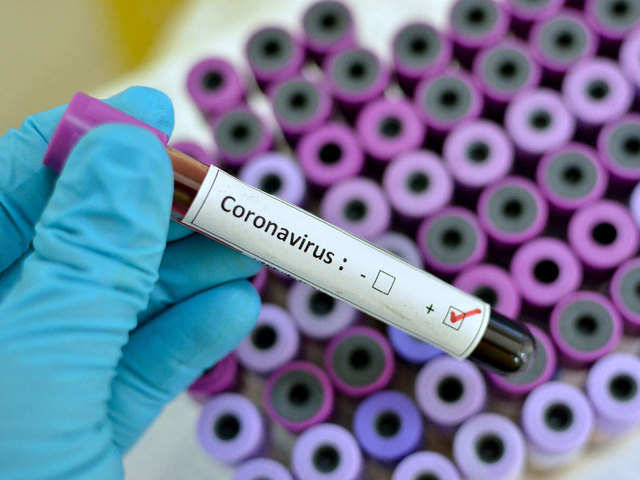Here is how Corona Virus has impacted the traditional way of greeting worldwide.
Since the outbreak of the Corona Virus, people have become more conscious of their habits which will keep the chances of contracting this infection, as low as possible.
One of the changes that is happening on the global level is the way people greet each other and it is amusing to see how a virus can impact our way of interacting with each other.

18 cases have been reported in India so far and the news has caused people to panic. Daily commuters are seen wearing masks and handshakes, hugs and kisses are being avoided.
Here is how the ways of greeting each other are changing across countries:
France is advising people to stick to handshakes instead of kissing
The media and newspapers in France have been encouraging people to greet each other with a handshake instead of kissing on the cheek. A simple look in the eyes can also be an acceptable way of greeting someone.
China has come up with its version of Namaste
Beijing, the capital of China and also the place where the outbreak began, is encouraging people to join their hands together in front of the other person as a way to greet.
Poland is advising against dipping hands in holy water
Poland is a catholic country that allows spiritual communion but has asked people not to dip their hands in holy water for now.
Iran has introduced the idea of foot shake
People in Iran were seen tapping their feet against each other in a viral video and it is an acceptable way of greeting these days.
Temporary halt for nose tugging in New Zealand
Hongi, a way of greeting people in New Zealand which involves pressing each other’s nose together has been stopped.
UAE is sticking with waving at each other
UAE is asking people to wave hands at each other instead of shaking hands and kissing.
Australia is accepting a pat on the back as a way of greeting
Australians are refraining from handshakes and sticking with a light pat on the back as a way to greet each other.














